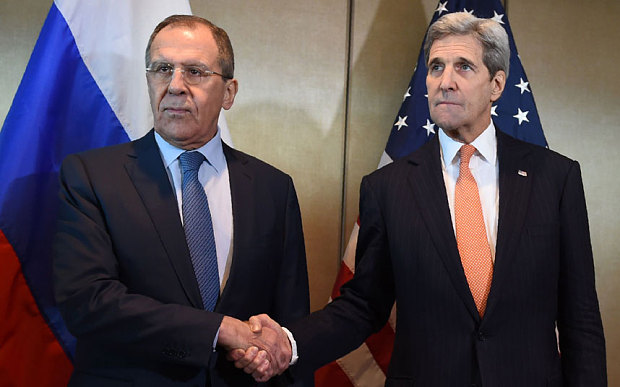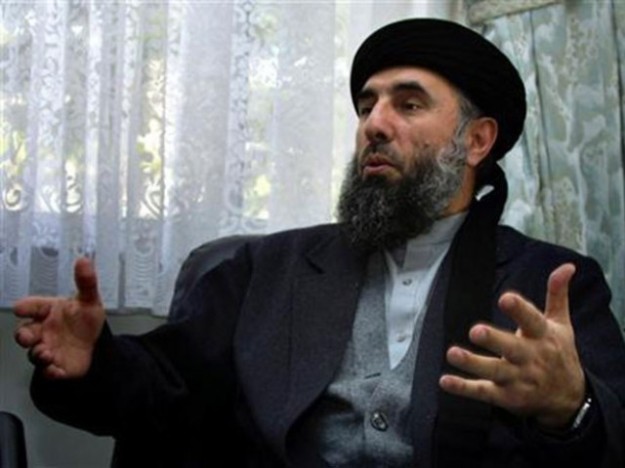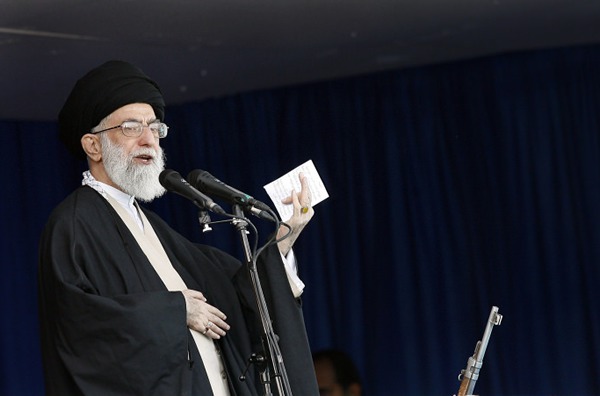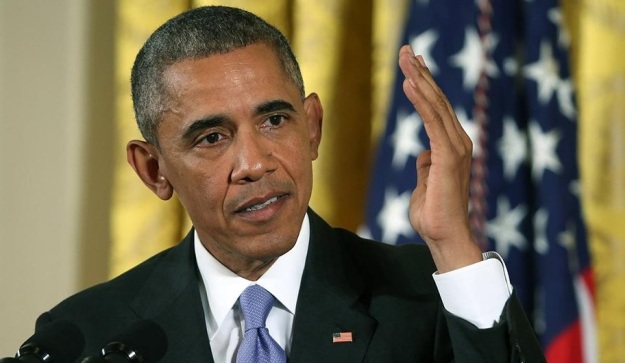By Kyle Orton (@KyleWOrton) on May 6, 2016

Aftermath of an airstrike by the pro-Assad coalition in Kalasa, Aleppo, 28 April 2016
Whatever pretence there was left in Syria’s “cessation of hostilities” (CoH)—which was never more than a reduction in hostilities—enacted at midnight on 26/27 February is now at an end. Russia and the regime of Bashar al-Assad have never ceased attempts to militarily weaken the armed opposition and escalated with a concerted campaign of aerial bombardment against Aleppo City on 22 April. The insurgency fully mobilized in response on 5 May with a major offensive south of the city. The dynamics set in place by Russia’s intervention—the bolstering of the Assad regime and the strengthening of extremist forces in the insurgency—have been in full view with this latest crisis, as has the longer-term trend of the United States moving toward the position of Assad, Russia, and especially Iran in Syria. Continue reading








